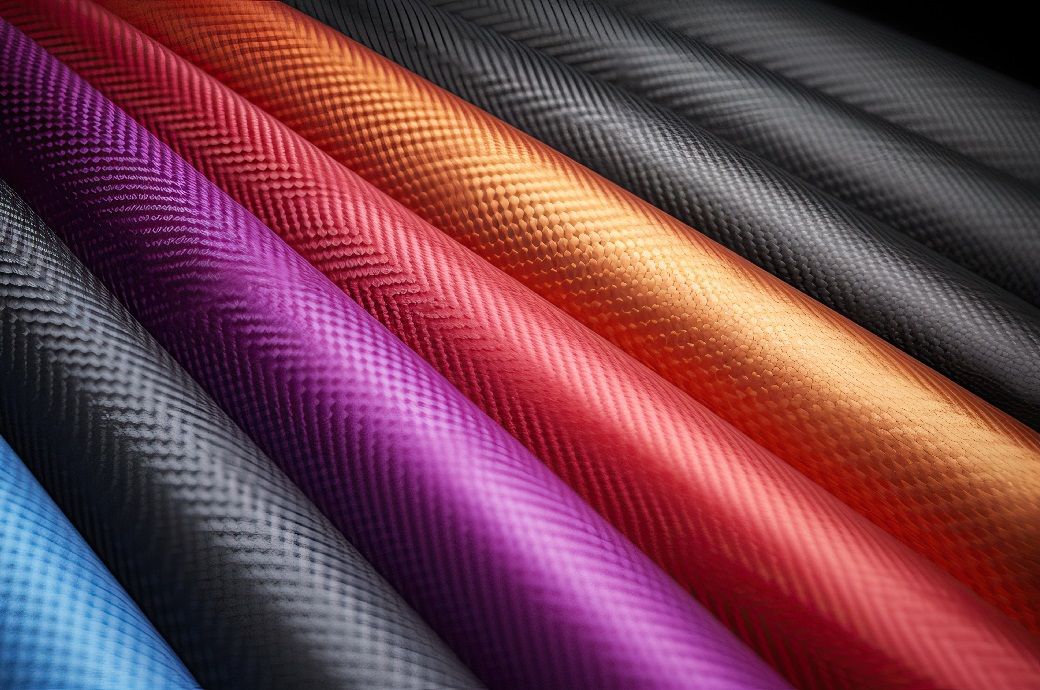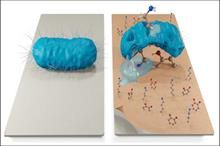
Last month, Piyush Goyal has chaired a meeting of the Mission Steering Group (MSG) of National Technical Textiles Mission (NTTM) in New Delhi. He approved several technical textile projects including a project on carbon fibre. It is the strongest fibre but it is very expensive. Therefore, consumers restraint from its usage. India can get promising business if it makes way in carbon fiber and its products. Carbon fibre is basic raw materials for many products of technical textiles.
Last month saw Piyush Goyal presiding over a pivotal meeting of the Mission Steering Group (MSG) of the National Technical Textiles Mission (NTTM) in New Delhi. Among the various technical textile projects greenlit during the session, one particularly notable initiative revolves around carbon fibre. Despite being renowned for its unparalleled strength, the steep cost associated with carbon fibre often acts as a deterrent for consumers. However, India's strides in advancing carbon fibre and its associated products present a promising avenue for substantial business growth. Carbon fibre serves as a fundamental raw material for numerous technical textiles products.
The government has also stressed the need to enhance indigenous development of technical textiles products through collaborative efforts with the industry. It's noteworthy that a large number of startups are operating in the technical textiles sector. The ministry of textiles has approved 11 project proposals, including nine for research and development projects, one for machine development, and one for equipment development. The project related to carbon fibre will enable India to become self-reliant in the field of technical textiles, as it constitutes a key raw material. The government has allocated ₹103 crore for all these projects.
These projects cover various application areas of technical textiles, including two for Protech, two for Meditech, two for Mobiltech, one for Buildtech, two for Smart Textiles, and one for Sustainable Textiles. Various institutes and research bodies, including CSIR-NAL, ATIRA, NITRA, IIT Delhi, ICT-Mumbai, NIT-Jalandhar, and Colorjet India Ltd, will lead the research work in these projects.
NTTM was launched to oversee various activities in the field of technical textiles. The meeting also reviewed sanctioned R&D projects, the status of applications under General Guidelines for Enabling Academic Institutes in Technical Textiles Education in India (Round-II), patents guidelines for R&D, outreach activities, and events under NTTM, among other topics.
Fibre2Fashion News Desk (KUL)

